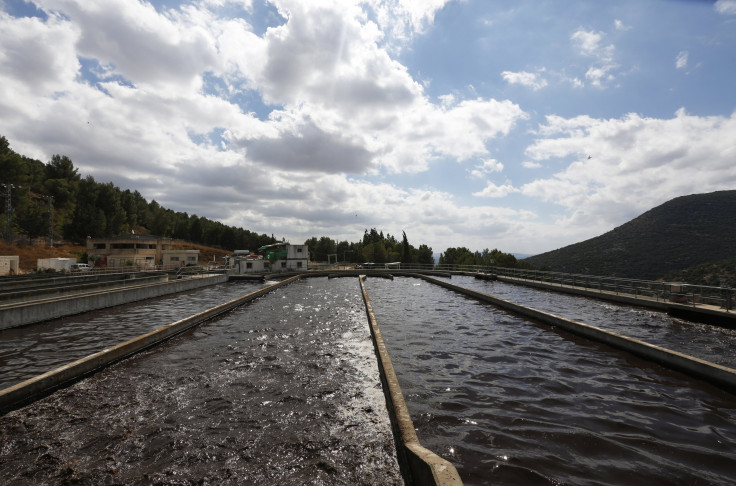Scientists say outright ban on microbeads will best protect oceans, marine life

A clear, complete ban on the common use of plastic microbeads from products that enter wastewater is the best way to protect water quality, wildlife and resources, according to conservative scientists. Microbeads, which are around the size of a grain of sand, can provide a gritty texture to products ranging from face washes to toothpaste. Literally designed to be flushed down the drain, microbeads contribute to the plastic pollution in oceans, freshwater lakes and rivers.
“Contaminants like these microbeads are not something our wastewater treatment plants were built to handle, and the overall amount of contamination is huge. The microbeads are very durable,” said the study’s co-author Stephanie Green, the David H. Smith Conservation Research Fellow in the College of Science at Oregon State University. In the study, the researchers estimate that eight trillion microbeads per day are being emitted into aquatic habitats in the U.S., which is massive enough to cover more than 300 tennis courts. Another 800 trillion, meanwhile, end up in sludge from sewage plants, which can make their way into streams and oceans through runoff.
According to the scientists, microbeads are just one of many types of microplastic found in the stomachs of marine wildlife. Previous studies suggest that microplastic of the same type, size and shape as many microbeads can transfer contaminants to animals and cause toxic effects. With this scientific evidence, a legislation calling for a removal of plastic microbeads from personal care products should reportedly be made.
Several states in the U.S. have already passed legislation that regulate or ban products containing microbeads, including Illinois, Michigan, Minnesota, Washington, Oregon and most recently California. Despite this, the team claims some bans contain loopholes caused by strategic wording.
They suggest that many microbeads are used in personal care products that are not considered “rinse-off,” or those which are intended to be removed after application on the skin or hair, such as deodorants and cleaners. Some regulations, meanwhile, use the term “biodegradable” to specify the products that are allowed. However, some microbeads can biodegrade just slightly, which may permit their continued use.
The study, which appeared in the journal Environmental Science and Technology, recommends that legislation should use new wording to ensure that a material that is persistent, bioaccumulative or toxic is not added to products designed to go down the drain. While the probability of risk from microbead pollution is high, the solution to this problem is simple because it is the most controllable among the plastic debris that end up in oceans, the researchers conclude.
Contact the writer at feedback@ibtimes.com.au or tell us what you think below.




















